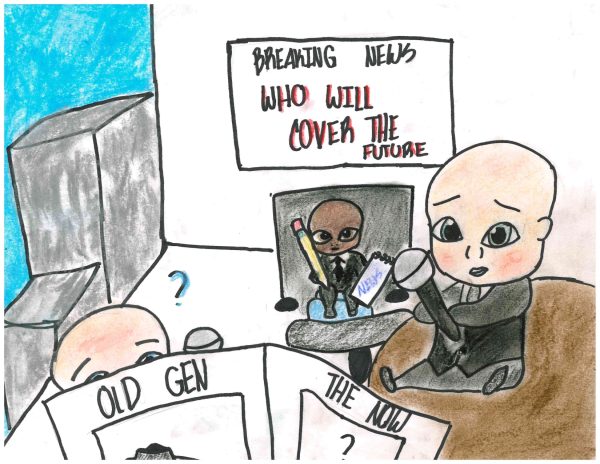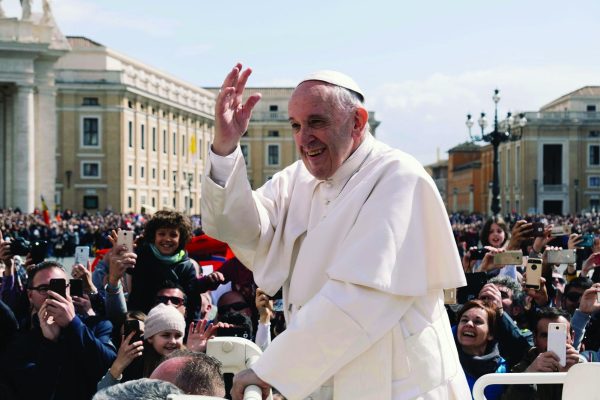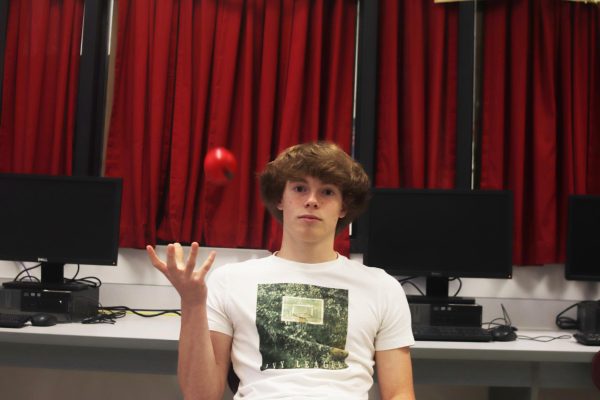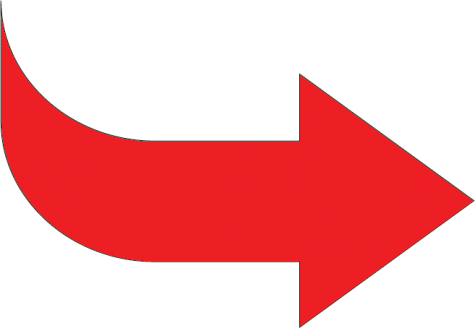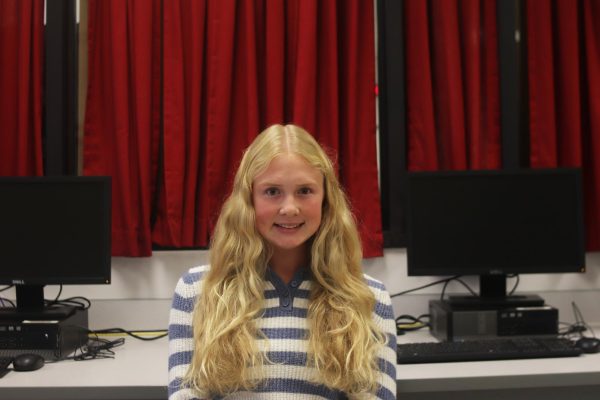Cultural appropriation lurking in sports teams, mascots
Evolving for the better, numerous professional sports teams have changed their mascots and team name due to cultural appropriation. However, some teams have yet to take steps in the right direction.
Ignorant adoptions of mascots and/ or team names dehumanize oppressed groups, perpetuate stereotypes and ignore the meaning and stories behind the culture.
The insensitive racism needs to stop.
Cultural appropriation can be defined as the unacknowledged or inappropriate adoption of the customs, practices, ideas, etc. of one people or society by members of another. Typically cultural appropriation is commited by the more dominant and oppresive group. There is a very long history of prominent sports teams in the United States and Canada being involved in the cultural appropriation of Indigenous cultures through mascots and names.
Some examples include the Chicago Blackhawks, Cleveland Indians, Washington Redskins and Edmonton Eskimos.
The Redskins and Eskimos have since undergone name changes.
Only two years ago, in 2020, did the former “Washington Redskins” change their name to the “Washington Commanders” and former “Edmonton Eskimos” now call themselves the “Elks”.
According to Very Well Minded, the term “‘Redskin’ is a derogatory term for Indigenous people and the term ‘Eskimo’ has been rejected by the Inuit community.”
The question “Why do these people continue to make a mockery of our culture?” was posed by Dennis Banks in 1970.
Banks was a Native American activist and a longtime leader of the American Indian Movement.
His question has been asked by many communities over time.
Banks devoted much of his life and attention to campaigning for the team formerly known as the Washington Redskins to change its name.
He died at age 80, in 2017, with the team’s name still unchanged.
Although there has been some progress, much more still needs to be done.
Having a team name or mascot adopted from Indigenous culture is insensitive and does not fairly represent the people who were here before us.
Another example of cultural appropriation in the NFL is The Kansas City Chiefs.
The name, logo and overall motif are obviously derivative of Native American culture.
The Cleveland Indians used the image of Chief Wahoo as their mascot until 2018, and as of now, there is no plan from the NFL to change the team’s name.
According to The New York Times, as of 2020, the team “prohibits fans from wearing ceremonial headdresses and Native American-style face paint at Arrowhead Stadium, becoming the latest organization to confront offensive symbols amid a nationwide discussion of racist imagery and iconography.”
In MLB news, making significant progress, the former Cleveland Indians changed their name to the Cleveland Guardians in 2021.
In 2020 the owners agreed to change the Indian’s name itself.
For the 2022 season, they would begin using the new name, the Guardians.
The Atlanta Braves have stated strongly they will keep the team name and the tomahawk chop.
According to The Conversation, “The Atlanta Braves’ owners, however, have dug in their heels, refusing to replace a name that many Americans – including Native Americans – find offensive and derogatory.
In July 2020 – in the midst of the nationwide protests around racism, sparked by the murder of George Floyd by Minneapolis police – some Atlanta fans again urged the team to change its name.
In response, the Braves’ owners sent a letter to season ticket holders, insisting, “We will always be the Atlanta Braves.”
It is crucial for all sports teams, from the professional level to recreational, to not take part in cultural appropriation as it dehumanizes oppressed groups, perpetuates stereotypes and ignores the meaning and stories behind the culture.
This includes sports teams who have publicly changed their name but still use the former name and mascot in their merchandise or the name printed on the sports field. It is simply unacceptable.




